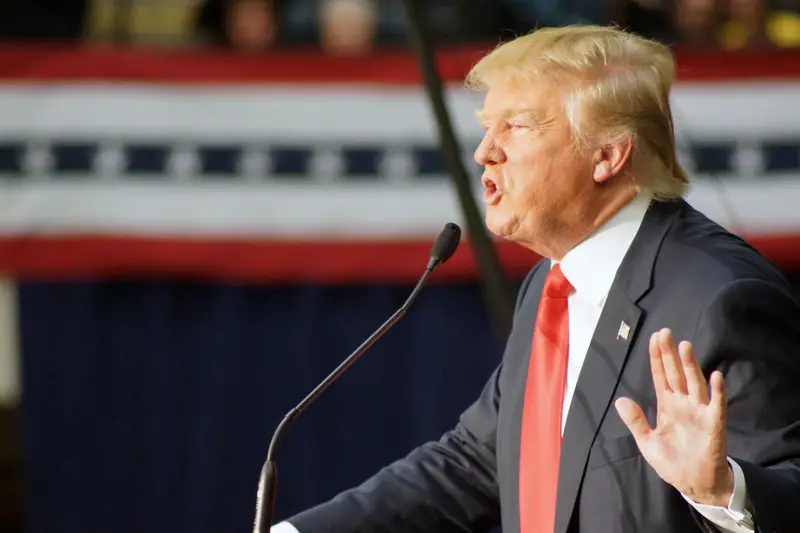President Donald Trump has warned BRICS nations they will face 100% tariffs if they attempt to replace the U.S. dollar as the global reserve currency or create their own common currency.
The warning, directed at Brazil, Russia, India, China, South Africa, and new BRICS members Egypt, Ethiopia, Iran, and the United Arab Emirates, comes amid ongoing discussions about reducing reliance on the U.S. dollar in international trade.
“There is NO CHANCE that BRICS will replace the U.S. Dollar in International Trade, or anywhere else, and any Country that tries should say hello to Tariffs and goodbye to America!” Trump stated.
The statement mirrors Trump’s November 30 post, made shortly after winning the 2024 presidential election, indicating a consistent stance on protecting the dollar’s global dominance.
The Kremlin dismissed Trump’s threats, with spokesperson Dmitry Peskov clarifying that BRICS is not planning to create a common currency. “The BRICS agenda needs to be better understood by American experts,” Peskov said. “BRICS is not talking about creating its own currency – it is talking about creating joint investment platforms.”
India’s Foreign Ministry also downplayed the threat, stating that BRICS makes decisions by consensus and that India has no policy for de-dollarization. The discussions about increasing the use of national currencies gained momentum after Western sanctions were imposed on Russia following its invasion of Ukraine.
Russian President Vladimir Putin has accused the United States of “weaponizing” the dollar, stating that nations are “forced to search for alternatives.”
Some economists have criticized Trump’s position. Peter Schiff argued that BRICS countries are the “suckers” for accepting U.S. fiat currency in exchange for real goods and services.
A study by the Atlantic Council’s GeoEconomics Center shows that the U.S. dollar remains the world’s primary reserve currency, with neither the euro nor BRICS countries successfully reducing global reliance on the dollar.
South Africa’s government has stated that while BRICS aims to strengthen correspondent banking networks and develop infrastructure for settlements in national currencies, they are not discussing the creation of a common BRICS currency.
Trump has also imposed 25% tariffs on Canada and Mexico, as part of his efforts to combat illegal immigration and drug trafficking. In retaliation, Canada has threatened increased tariffs on the U.S., while Mexico’s President Claudia Sheinbaum worked out a deal with Trump. Additionally, Trump has threatened a 10% tariff on Chinese imports, citing China’s role as a fentanyl supplier.
The BRICS economic collaboration has intensified since Western sanctions were imposed on Russia, with member countries exploring alternatives to reduce their vulnerability to future sanctions. India has not taken any specific steps toward de-dollarization.











